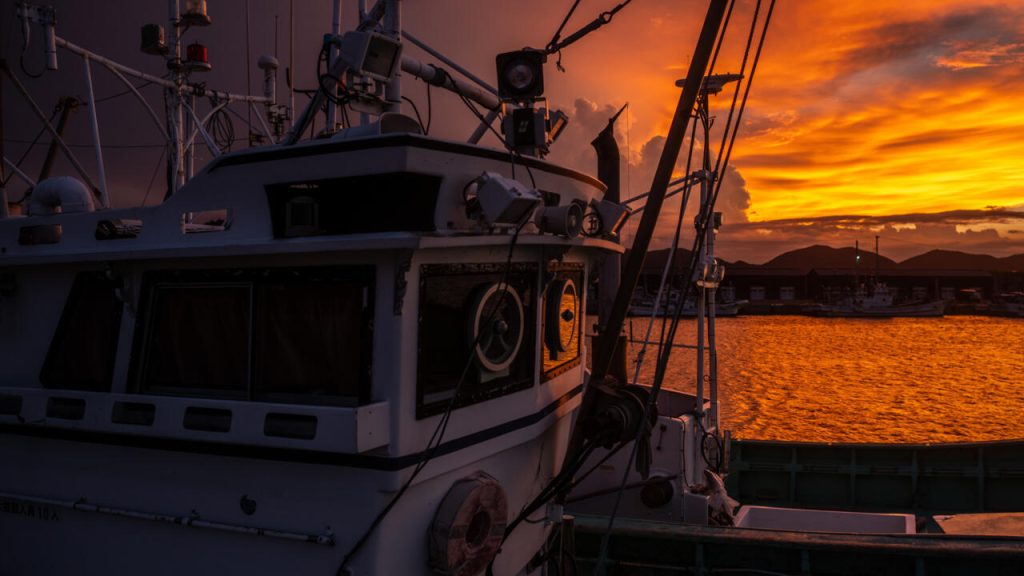From harnessing ocean currents to cutting shipping fuel use, to tracking whales with artificial intelligence, startups at Paris’s Vivatech trade fair have been showcasing cutting-edge technology designed to protect marine environments.
Several innovators told AFP that the advent of powerful AI tools—capable of learning from vast and complex datasets—has transformed their ability to understand and predict the natural world.
“There are simply too many variables in nature to handle manually,” said Emily Charry Tissier, a biologist and founder of Canadian firm Whale Seeker, which develops tools to monitor sea mammals. “We have to use AI.”
Her view is shared by oceanographer Alexandre Stegner, whose company Amphitrite has developed a neural network-based model to predict ocean currents. These systems, inspired by how the human brain functions, can process and forecast data far faster than traditional digital models.
According to Stegner, Amphitrite’s AI can forecast ocean currents up to 10 days ahead using multiple layers of satellite data, including temperature and salinity readings. The technology allows ship captains to slightly adjust their routes, gaining up to four knots of extra speed by riding favourable currents.
This not only reduces fuel consumption and emissions but also avoids the blunt alternative of forcing captains to slow down to cut costs.

The innovations at Vivatech coincided with the conclusion of the UN Ocean Conference (UNOC), held in the Mediterranean city of Nice. The conference brought the world closer to formalising a treaty to protect 60% of the world’s oceans, with 55 nations having signed on—just five short of the number required for it to become law.
Andre Abreu, International Affairs Director at the Tara Ocean Foundation in Paris, welcomed the technological advances but urged caution. “Technology can be a very good thing for the oceans,” he said, “but it should not be used to increase fishing yields. That would undermine efforts to protect marine biodiversity.”
This dual potential is embodied in technology from OceanEyes, a Japanese startup that uses AI to analyse satellite data and predict sea conditions. The aim is to help fishers find catches more quickly—improving efficiency and lowering emissions through reduced fuel use.
“In Japan, one of the biggest problems is the inefficiency of fishing operations,” explained CEO Yusuke Tanaka. “Fishermen often waste time searching for fish.”
But aware of concerns around overfishing, Tanaka said OceanEyes also supports fishers in meeting Japan’s updated sustainability laws, which require operators to ensure responsible use of marine resources.
Whale Seeker’s Charry Tissier argued that new technologies must be guided by ethical considerations, not just by what is technically possible.
“I’d like the market to recognise its limits—not in terms of what we can do, but what we should do,” she said. That belief led her to turn down a contract with a company that wanted to use whale-tracking technology to help locate fish stocks.
Still, many startups rely on external investment to scale their ideas, and most funding in the ocean space is likely to come from shipping, fishing, and logistics companies—sectors that prioritise efficiency and profit. This creates pressure to compromise.
Stegner believes regulatory intervention is necessary: “We need rules that push the maritime sector to cut emissions.”
But Tissier remains hopeful that private companies can take the lead. “Technology is moving so much faster than regulation,” she said. “I’d like to see big companies choose to act responsibly, rather than waiting to be told.”


 Trending
Trending 